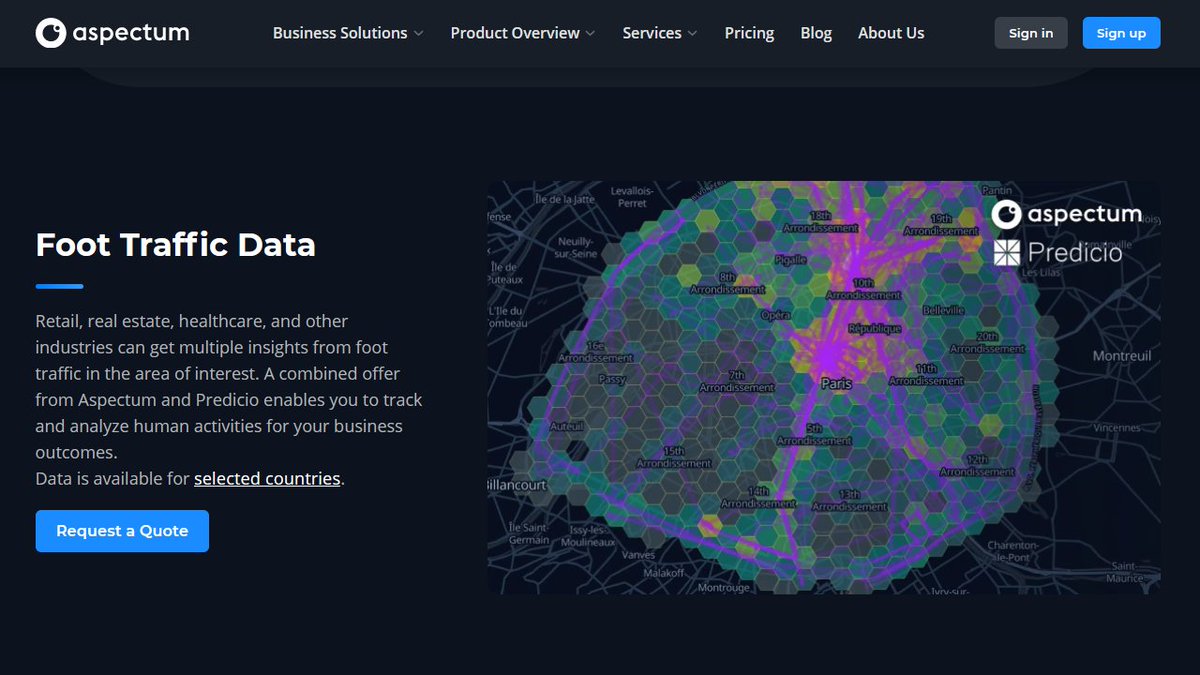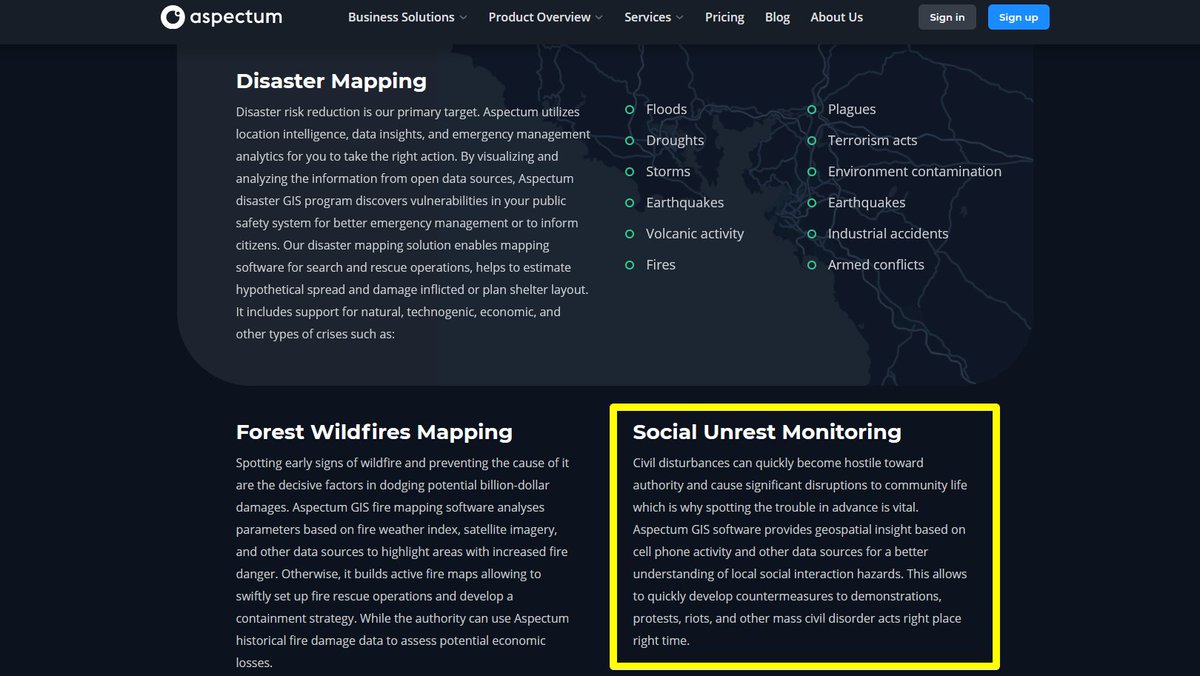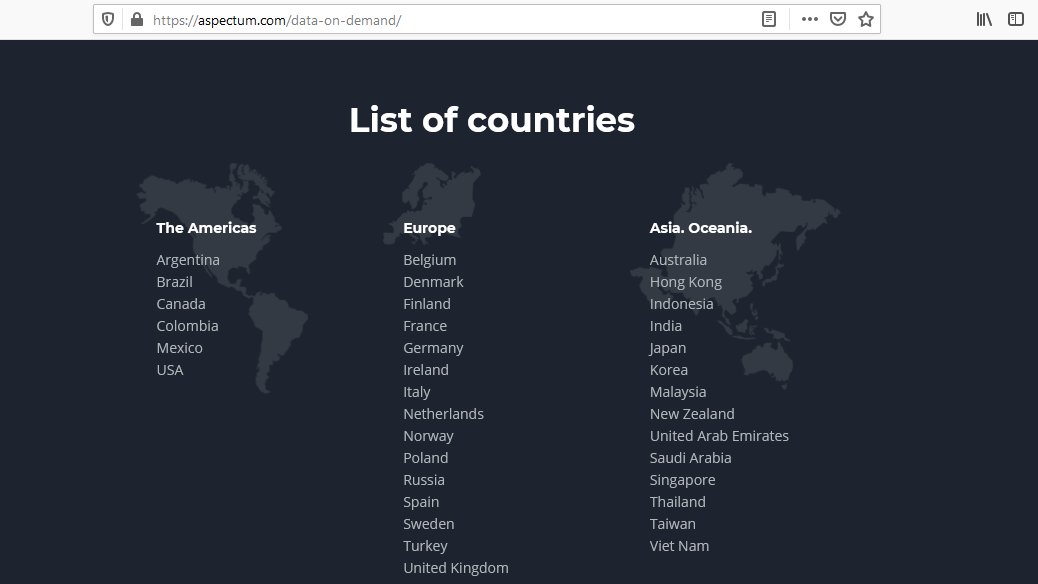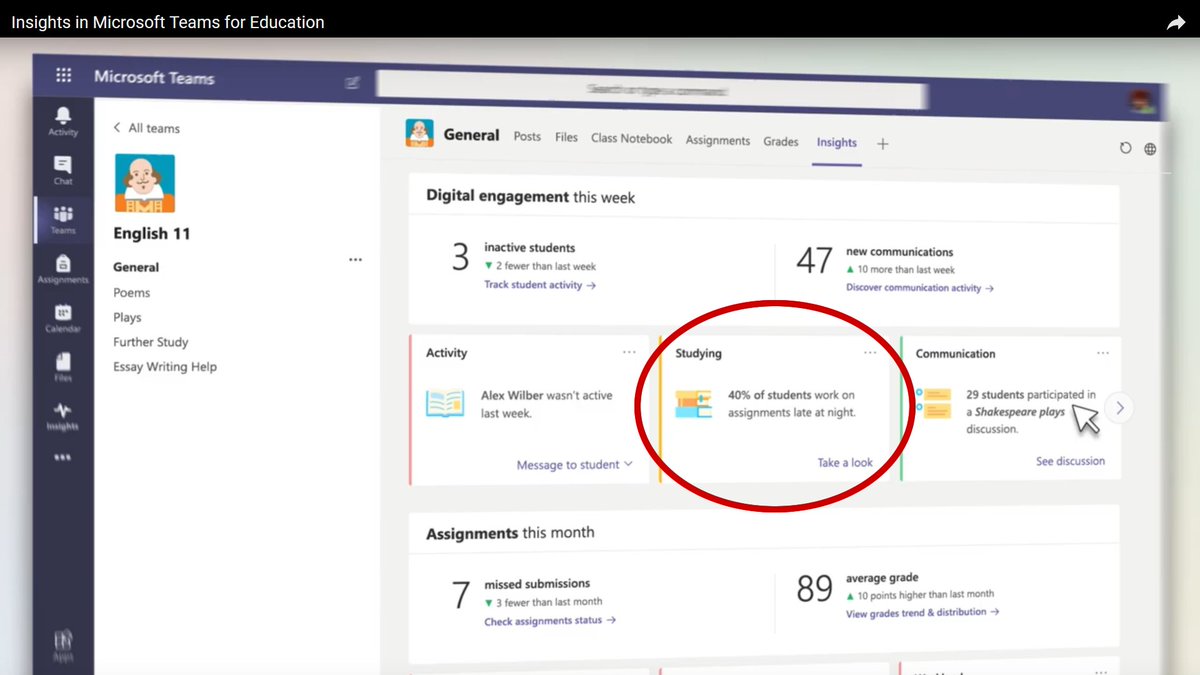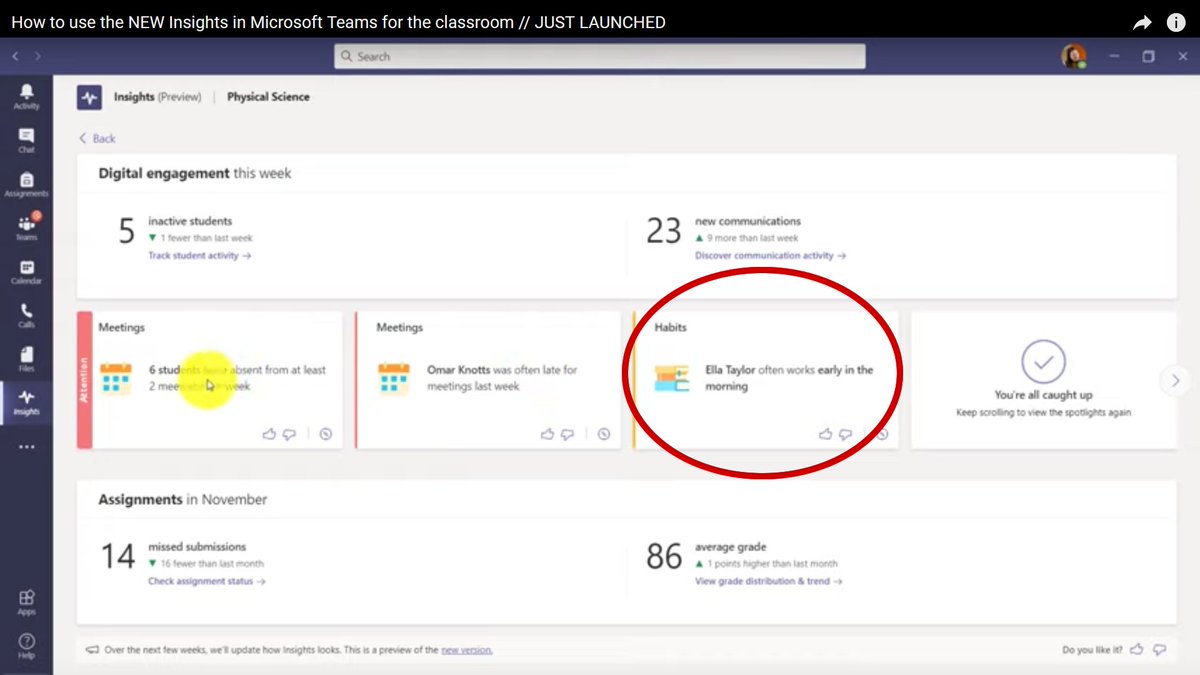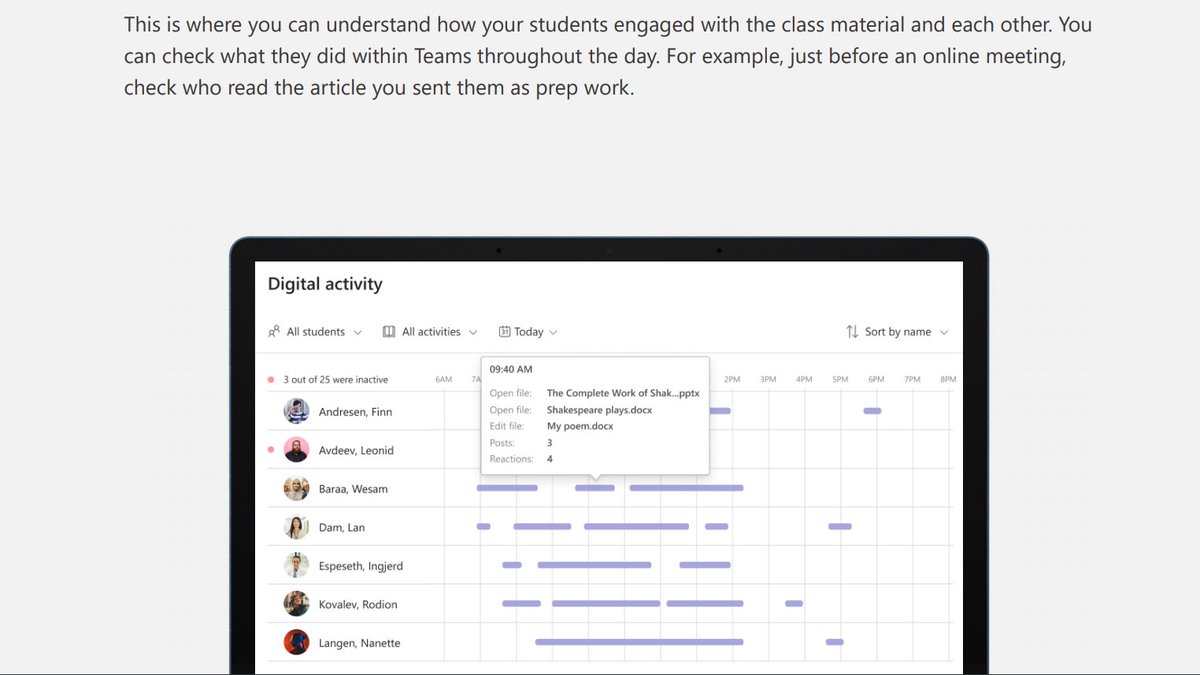
Austria's job center wants to sort the unemployed into three classes. It has never listened to criticism of civil society. Now it's fighting the Austrian data protection authority, who banned the system.
Or, how to *not* handle public-interest algorithms.
derstandard.at/story/20001226…
Or, how to *not* handle public-interest algorithms.
derstandard.at/story/20001226…
This legal fight may have implications beyond Austria.
The data protection authority said that while case workers could theoretically modify the system's classifications, they won't have the time+resources to do so, and thus the system actually makes solely automated decisions.
The data protection authority said that while case workers could theoretically modify the system's classifications, they won't have the time+resources to do so, and thus the system actually makes solely automated decisions.
In my opinion, the Austrian job center (AMS) is acting in a reckless+irresponsible manner.
Instead of being an advocate for the unemployed and listening to criticism, it's pushing for technocratic solutionism and is even willing to accept that this may weaken EU data protection.
Instead of being an advocate for the unemployed and listening to criticism, it's pushing for technocratic solutionism and is even willing to accept that this may weaken EU data protection.
Background info:
'Algorithmic profiling of job seekers in Austria', paper:
publik.tuwien.ac.at/showentry.php?…
'Socio-technical analysis of the so called “AMS-algorithm” of the Austrian Public Employment Service', paper/German:
oeaw.ac.at/ita/projekte/d…
Abstract/EN:
oeaw.ac.at/en/ita/project…
'Algorithmic profiling of job seekers in Austria', paper:
publik.tuwien.ac.at/showentry.php?…
'Socio-technical analysis of the so called “AMS-algorithm” of the Austrian Public Employment Service', paper/German:
oeaw.ac.at/ita/projekte/d…
Abstract/EN:
oeaw.ac.at/en/ita/project…
The rationale behind the system is to increase 'efficiency' by introducing a kind of triage model.
Resources/assistance/training should be prioritized for class-B persons with medium-level job chances, while costs should be cut for class-A persons and for class-C hopeless cases.
Resources/assistance/training should be prioritized for class-B persons with medium-level job chances, while costs should be cut for class-A persons and for class-C hopeless cases.
Unemployed are automatically sorted into classes A/B/C based on regression models that use demographic criteria and data on previous non-employment.
If a person is female, old, ill or is living in a 'bad' hood, the probability increases to end up in class C #automatinginequality
If a person is female, old, ill or is living in a 'bad' hood, the probability increases to end up in class C #automatinginequality
The system aims to cut costs for the already disadvantaged, this is my first and major issue.
In addition, it stigmatizes people as 'class C' unemployed, sorting people into 3 classes is rigid, and the promises of a human-in-the-loop are questionable.
See also the above study:
In addition, it stigmatizes people as 'class C' unemployed, sorting people into 3 classes is rigid, and the promises of a human-in-the-loop are questionable.
See also the above study:

Important correction/addition by Gabriel Grill, a co-author of the above mentioned study. So, when the AMS published docs describing the system in 2018, it only mentioned the regression models, which apparently did not describe the actual classification:
https://twitter.com/1roboter/status/1341047119348690951
So the following statement reflects what we knew until recently:
"If a person is female, old, ill or is living in a 'bad' hood, the probability increases to end up in class C"
A new study found that classification is not based on those regression models:
"If a person is female, old, ill or is living in a 'bad' hood, the probability increases to end up in class C"
A new study found that classification is not based on those regression models:
https://twitter.com/1roboter/status/1341047119348690951
Please consult the study authors before writing about it.
In any case, the system aims to allocate less resources/assistance/training to the already disadvantaged who are classified as 'class C' unemployed.
In any case, the system aims to allocate less resources/assistance/training to the already disadvantaged who are classified as 'class C' unemployed.
• • •
Missing some Tweet in this thread? You can try to
force a refresh



